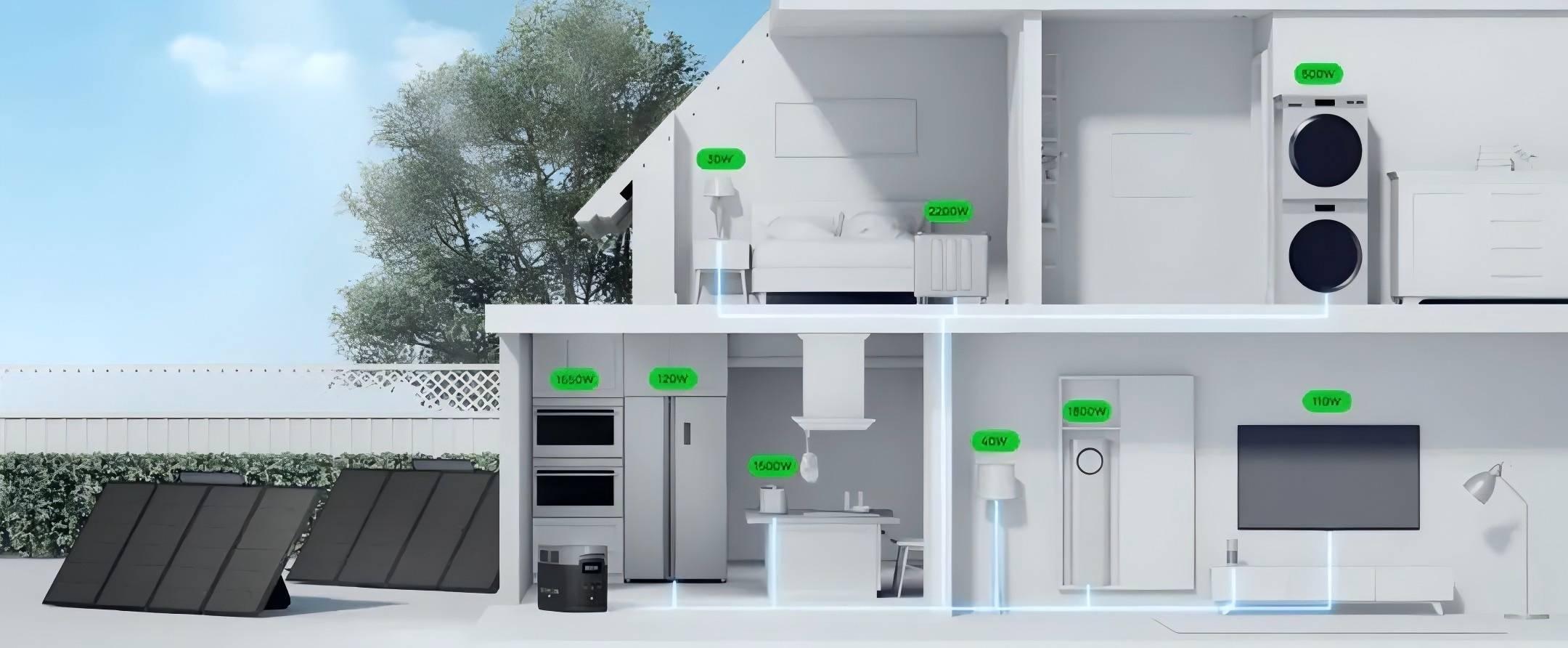A Comprehensive Overview: Home Energy Storage Systems and Integrated Solar-Storage Solutions
Home Energy Storage Systems
Home energy storage systems are designed to enhance energy independence for households and reduce reliance on the grid. These systems typically consist of batteries, inverters, and controllers that store electricity for later use. As energy demand increases and grid stability becomes a growing concern, home energy storage solutions are gaining popularity as a practical option for many families.
Key Benefits:
Home energy storage systems often feature high-performance batteries and intelligent management systems that can monitor and optimize energy use in real-time. The main advantage of such systems is the flexibility they offer in managing electricity demand, especially during power outages or peak pricing times. They ensure power availability when the grid is down, while also helping to lower electricity bills by storing energy when rates are lower or during off-peak hours.
Integrated Solar-Storage Solutions
An integrated solar-storage solution combines solar power generation with energy storage in one unified system. The benefits of this approach are significant:
-
Maximizing Renewable Energy Use: Solar panels generate electricity during the day, which is then stored in batteries to be used at night, ensuring that households can rely on renewable energy 24/7.
-
Cost Savings: By reducing dependence on the grid, homeowners can lower their electricity bills. The energy storage system also smooths out fluctuations in solar power generation, optimizing electricity use and reducing waste.
-
Reliable Power Supply: Even during power outages, stored energy can continue to supply the home with electricity, ensuring a stable living environment.
When choosing an integrated solar-storage system, homeowners should consider several factors:
-
Battery Capacity: It's important to select a battery that meets daily energy needs. A general guideline is to choose a battery with a capacity that's about 1.5 times the household's average daily energy consumption.
-
Solar Panels: The number and type of solar panels should be selected based on the available roof space and the amount of sunlight the location receives.
-
Inverter: The inverter must be compatible with both the solar panels and the storage system to ensure efficient operation and system compatibility.
Installation and Maintenance
Installing an integrated solar-storage system requires professional installation to ensure safety and optimal performance. Regular maintenance and inspections are crucial to keep both the solar and storage components functioning efficiently.
Conclusion:
Home energy storage systems and integrated solar-storage solutions offer a reliable, cost-effective way to manage energy. These systems not only enhance energy efficiency but also ensure power availability during outages, reducing reliance on the grid and lowering household energy costs.
Next:Photovoltaic-Storage-Charging Integration: An Intelligent Solution for Driving New Energy Development
Previous:How to Calculate the Charging and Discharging Efficiency of Commercial and Industrial Energy Storage Systems?
